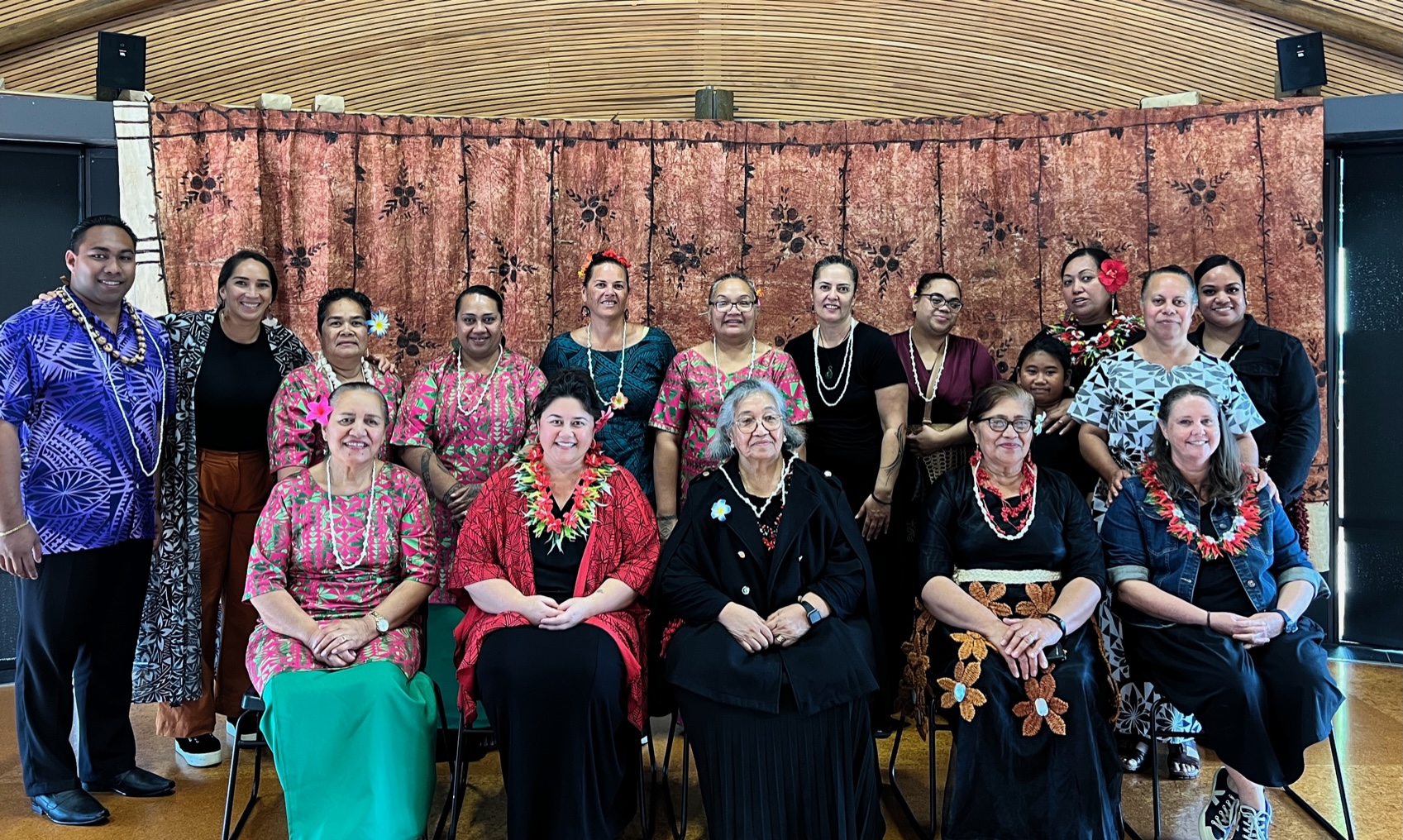You are here
Home › TLRI research › Research in progress › ECE sector › Pacific Leadership in ECE: Privileging Culture, Community and Enhanced OutcomesPacific Leadership in ECE: Privileging Culture, Community and Enhanced Outcomes
Intro / Project description
Our two-year project seeks a deep understanding of how Pacific ECE settings in Aotearoa enact culturally grounded, community-responsive leadership to promote equitable educational outcomes for Pacific children, their families, and communities. In this strengths-based project, we will collaborate with teachers and leaders (the practitioner-researchers), family/community members, and elders from Samoan and Tongan community-based centres to investigate the culturally-grounded collective leadership practices that make a positive difference for Pacific children, and their families/communities. Findings will inform teaching and leadership practices to enhance the educational experiences and outcomes for Pacific children, and their families/communities in these and other culturally diverse ECE settings.
Aims
Our research collaboration aims to transform the educational experiences of Pacific children (Samoan and Tongan) in Aotearoa by seeking to better understand leadership that supports the weaving of culture, community, and enhanced outcomes – an important expectation of all practitioners stated in the national early childhood curriculum Te Whāriki (Ministry of Education, 2017). In education, dominant understandings of leadership are frequently decontextualized, based on Western ideals and norms, and obscure unique cultural dimensions and practices. Our research aims to better understand and share culturally nuanced notions of leadership grounded in Pacific worldviews and the ways leadership is and can be responsive to Pacific peoples’ priorities and aspirations to enhance Pacific learner outcomes.
Why is this research important?
Impactful leadership in education requires a deep contextual understanding of the communities it serves. Yet, there is limited research available about what leadership looks like in ECE settings located in Pacific communities and contexts. Policy and research call for deeper understanding of ECE leadership from Pacific worldviews, based on concerns that many ECE practitioners are uncertain how to promote the success of Pacific children. Our research responds to the need for Pacific research to increase understanding of Pacific leadership in ECE. The project affirms the value in privileging Pacific cultural identities, languages, and communities in education for enhanced learner well-being, belonging, and educational success.
What we plan to do
Data: Project methodologies focus on talanoa (open talk) - a dialogic form of communication that involves deep listening, learning, and immersion in oral storytelling. We will utilise talanoa (underpinned by Samoan or Tongan protocol) to collect tala (Samoan-stories) and fananga (Tongan-stories) with teachers, leaders, family/community members, and elders. During each talanoa, the focus will be on deep listening to the stories and experiences of centre-based strategies and specific practices-in-action that can be aligned with positive changes and effects on Pacific children.
Analysis: Guided by Pacific values, we will work with practitioner-researchers in each setting to co-analyse and identify enablers and constraints of leadership and the unique Pacific knowledges, values, and practices. Following this we plan to bring the two communities together in a final fono to share findings, celebrate our research journey, discuss outcomes and articulate the key Pacific knowledges, values, practices, and learning about community-responsive leadership and its impact we have uncovered.
Contact details

Names: Dr Maria Cooper and Dr Kiri Gould
Faculty of Education and Social Work
University of Auckland
Private Bag 92019
Auckland 1142
[email protected] / Ph (09) 373 7599 ext. 48786
[email protected]
TLRI research
Recently published reports
Pepe meamea in the spirit of the collective: Embedding Samoan indigenous philosophy in ECE for Samoan children under two
Jacoba MatapoOn2Science - Multiple affordances for learning through participation in online citizen science
Dr Cathal Doyle and Dr Cathy BunttingLearning From Each Other: Enhancing Pacific Education through People, Concept and Culture-focused Inquiry
Dr Cherie Chu-Fuluifaga and Dr Martyn ReynoldsMore projects like this
- Pepe meamea in the spirit of the collective: Embedding Samoan indigenous philosophy in ECE for Samoan children under two
- Inquiring minds, meaningful responses: Children’s interests, inquiries and working theories
- Early childhood teacher practices for supporting oral language acquisition and competency for children from Pacific heritages

